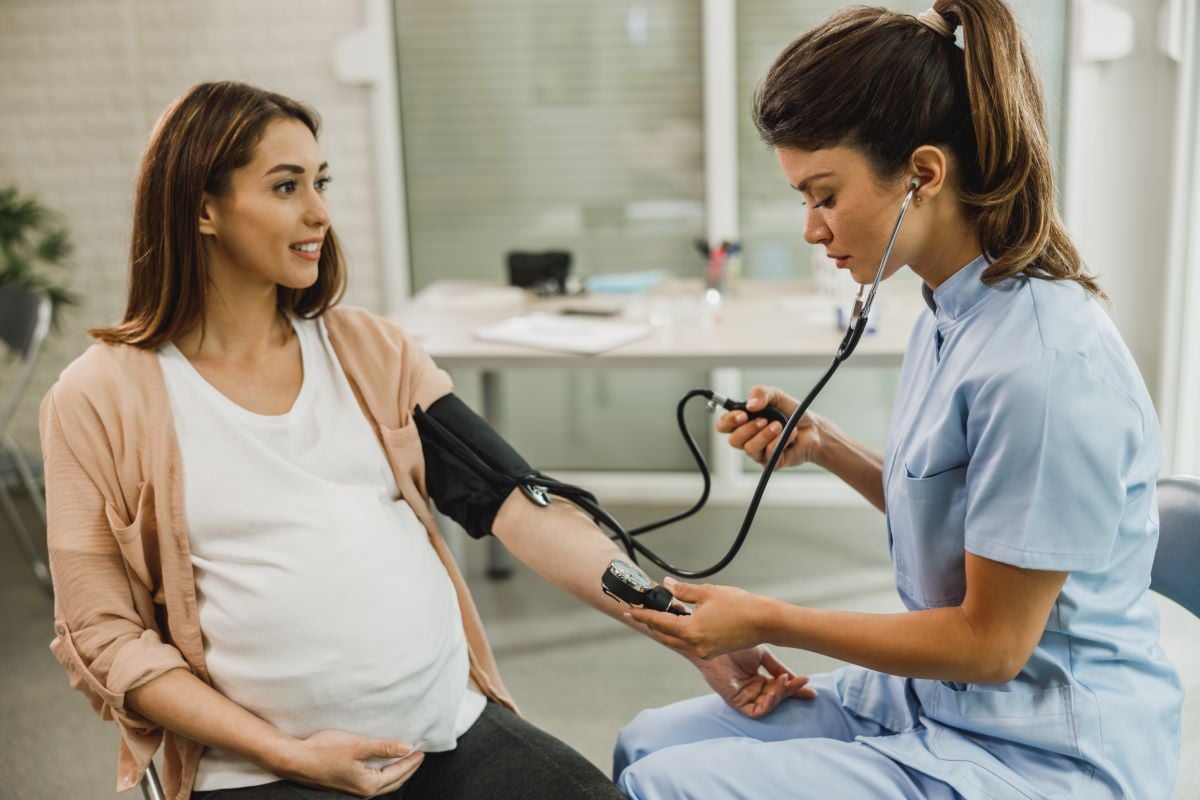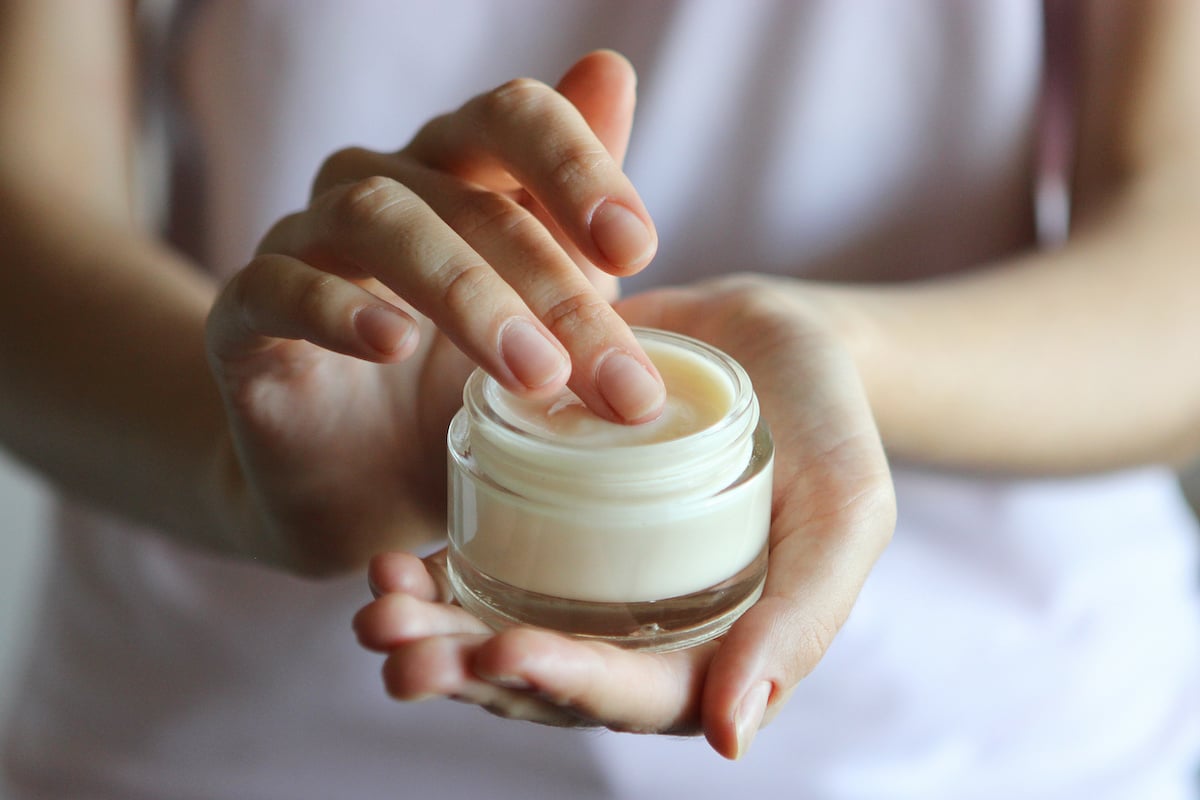
Uterine transplants are relatively rare and recent — the first was performed in 2011, and to date a little more than 100 transplants have been conducted worldwide. However, a new study finds that these procedures are often successful, leading to pregnancies and live births in 14 out of the 20 patients assessed. “A successfully transplanted… read on > read on >






























